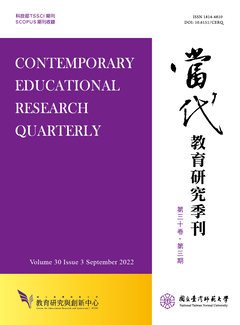

Few empirical studies in Taiwan have focused on the factors involved in the onset of delinquency in junior high school students. Moreover, previous empirical studies have rarely used complete, systematic, and dynamic analytical techniques to test the effects of academic involvement, academic commitment, academic selfefficacy, and academic strain on delinquency in junior high schools students. Therefore, this study endeavored to apply a more complete academic framework and used dynamic techniques to determine how involvement, commitment, self-efficacy, and strain affected the onset of delinquency in students at the junior high school level. Using a longitudinal approach, this study used self-report questionnaires to collect data from 415 students in eight junior high schools in Chiayi City. Event history analysis was used to analyze the collected data. The impact of various times was a meaningful independent variable, and it was dummy coded into three variables: Time 1 (September-December 2009), Time 2 (January-March 2010), and Time 3 (April- June 2010). Findings indicated that academic involvement, academic commitment, and academic strain were related to the onset of delinquency during the entire first year in junior high school. Moreover, academic involvement and academic commitment was able to limit the onset of delinquency, and there was a positive relationship between academic strain and the onset of delinquency. Additionally, academic strain had a differential impact on the onset of delinquency in the three different time periods. The effect of academic strain on the onset of delinquency in Time 1 was greater than that in Time 2 and Time 3.

This work is licensed under a Creative Commons Attribution-NonCommercial 3.0 Taiwan License.
Center for Educational Research and Innovation, National Tawain Normal University
162, Ho-Ping East Rd, Sec. 1, Taipei, Taiwan | Tel:+886-2-7749-3670 | E-mail: cerecerq@gmail.com
CERI | NTNU | E-mail Alerts | Open Journal System
© 2014 CERI-NTNU
